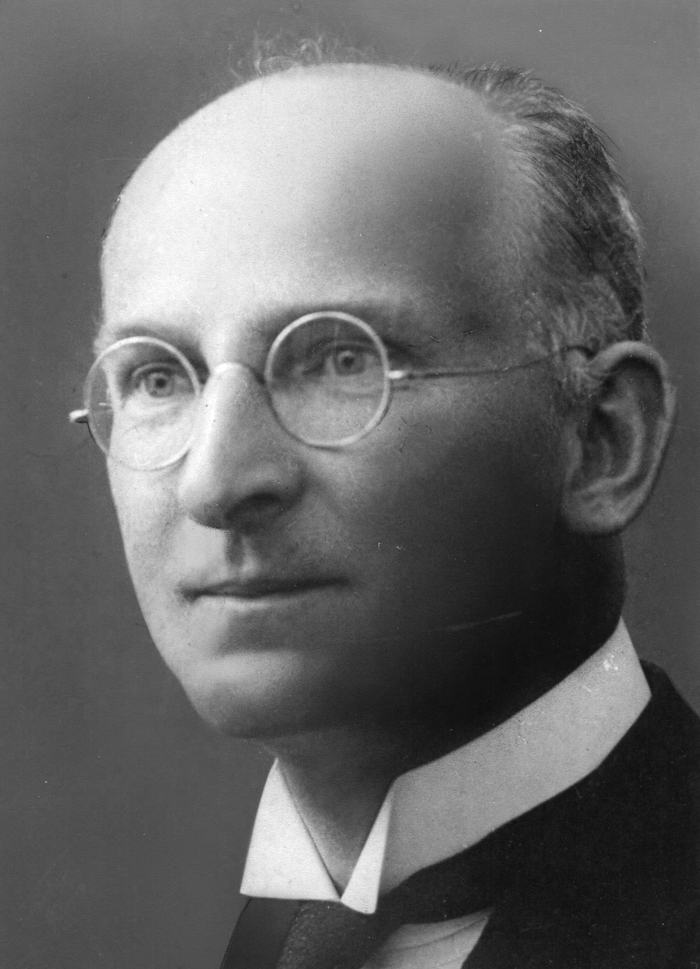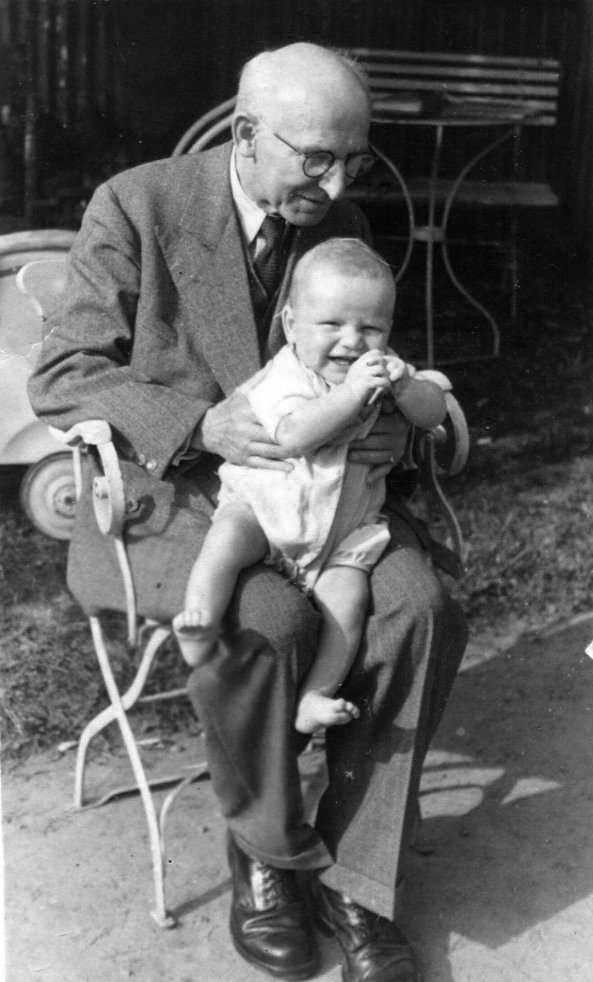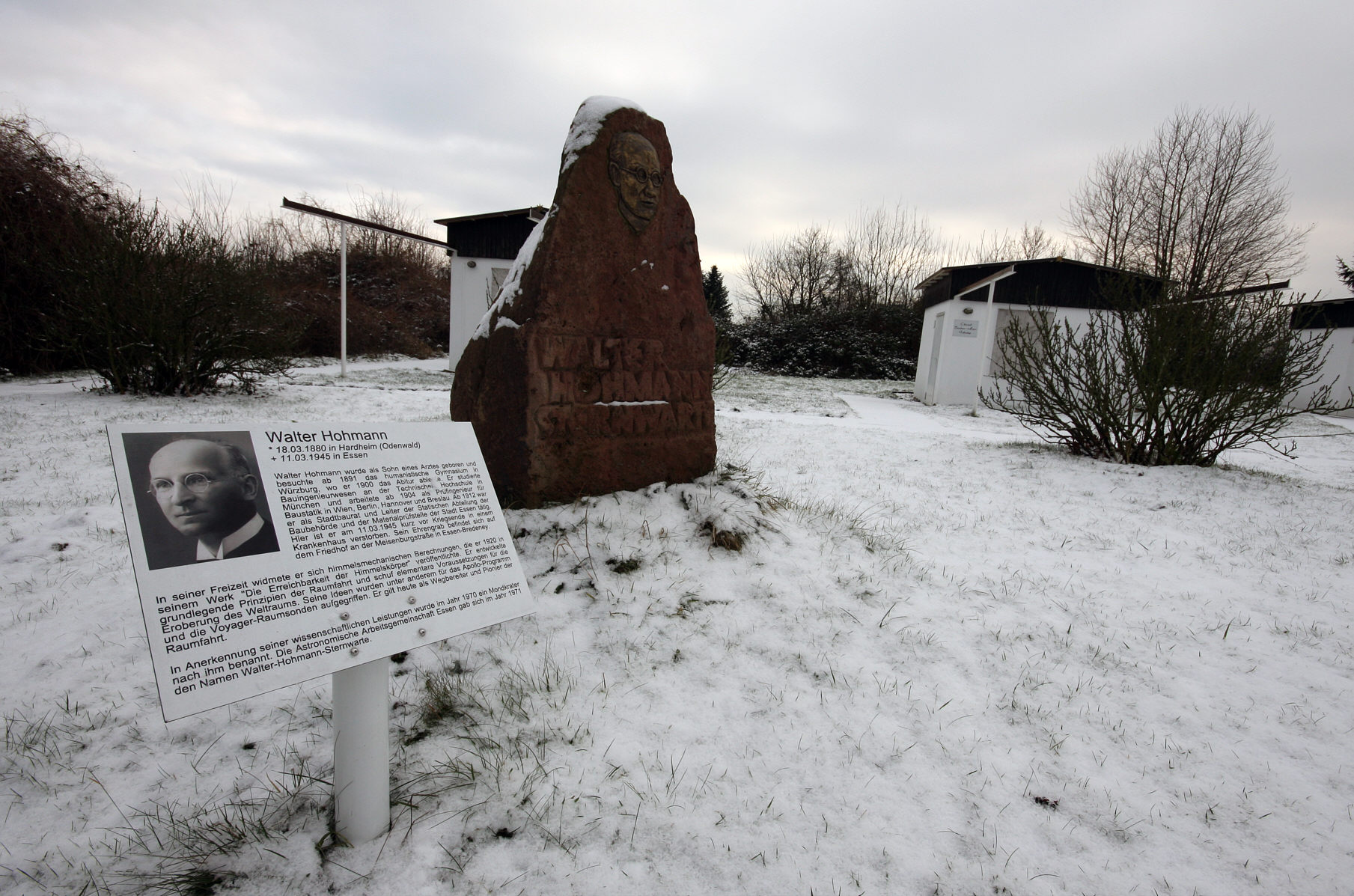Walter Hohmann
* 18.03.1880 in Hardheim (Odenwald), Germany
+ 11.04.1945 in Essen, Germany
Walter Hohmann was born the son of a doctor and attended the humanistic high school in Würzburg from 1891, where he graduated from high school in 1900. He studied civil engineering at the Technical University in Munich and from 1904 worked as a structural testing engineer in Vienna, Berlin, Hanover and Breslau. From 1912 he worked as a city planning officer and head of the statics department of the building authority and the materials testing center of the city of Essen. He died here in a hospital on March 11, 1945, shortly before the end of the war. His honorary grave is in the cemetery on Meisenburgstrasse in Essen-Bredeney.



In his free time he devoted himself to celestial mechanical calculations, which he published in 1925 in his work "The Accessibility of Celestial Bodies". He developed fundamental principles of space travel and created elementary prerequisites for the conquest of space. His ideas were used, among other things, for the Apollo program and the Voyager space probes. Today he is considered a pioneer and pioneer of space travel.
In recognition of his scientific achievements, a lunar crater was named after him in 1970. The Astronomical Working Group in Essen named itself the Walter Hohmann Observatory in 1971.
Translation of a memorial plaque at the Walter Hohman Observatory, Essen, Germany
www.sternwarte-essen.de
 DE
DE  EN
EN